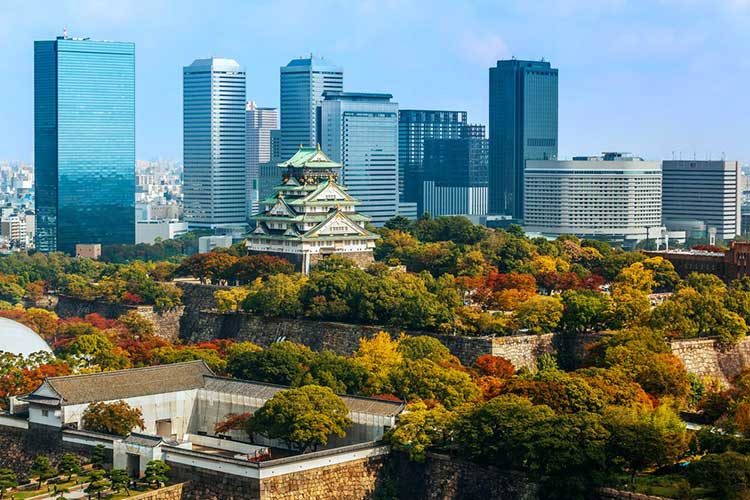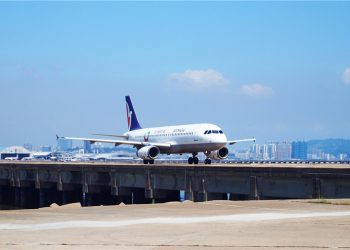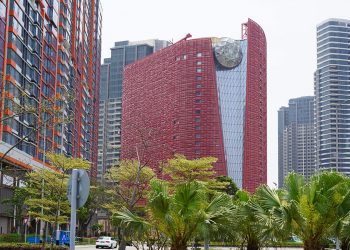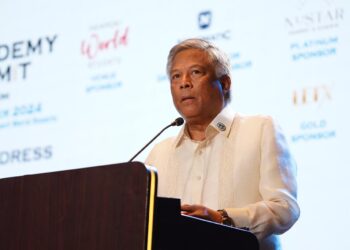Japan’s nascent casino industry is unlikely to achieve its full revenue potential and may even struggle to get off the ground if the country’s regional governments partner with underqualified applicants whose enterprises are unable to receive capital markets financing and who lack meaningful knowledge developing and operating successful integrated resorts.
Competition is heating up for what is to be a pitched contest for three casino licenses to be issued by the Japanese government. Prefectures as varied as Nagasaki, Wakayama and potentially Hokkaido are rivaling favored jurisdictions such as Osaka and Yokohama for consideration. Yet, as the provinces prepare the request-for-proposals (RFPs) which are expected to be heavy-handed in required company community contributions and public infrastructure investments, governments would be better served by making good faith attempts to solicit skilled operators with robust balance sheets by offering a combination of business incentives and tax rebates.
The COVID-19 pandemic has put even some of the most resilient gambling enterprises’ operations at risk including those in the world’s casino capital. Historically, Macau’s senior executives could become nervous at even the slightest hint of an approaching typhoon or changing visa policies as a hazard to sustainable revenue growth. Now, never-ending border restrictions with China and Hong Kong have decimated tourism arrivals, its associated turnover and put these once venerable businesses on life support. Macau casinos are now posting year-over-year sales declines of over 90%, an unthinkable number by any measure and making a mockery of analysts who believe the monthly results are “in-line with consensus” when in fact, the situation is dire at best.
In response, the Macau casinos have sought to shore up their respective capital bases by accessing the financial markets while adopting stringent cost-savings measures in order to stem the bleeding that can add up to millions of dollars per day. In the past few months Sands China, MGM China, Wynn Macau and Melco have all gone to market with major bond and/or note offerings that were viewed favorably and widely supported.
And it is the strength of these companies’ operating capability and capital structure that have allowed for them to adopt flexible financing amid the challenging times. Their capacity to obtain credit during a worldwide crisis is due to their strong corporate profile coupled with long-term investor confidence in the industry. Moreover, the Macau government’s gaming regulations and associated solid legal framework have provided market participants with comfort – allowing the casinos to raise funds at competitive rates.
By any measure, Macau and Singapore’s licensing regimes are superior to Japan’s recently promulgated casino regulations. This is not the writer’s opinion but simply what the markets have initially assessed by comparing capital stacks for companies operating in various regions.
While companies in Macau can and do have gearing ratios higher than 1.0, it is expected that Japan’s casinos will be initially financed with a greater contribution of equity rather than debt. This is due to a number of factors but primarily because of the shorter license period, entry restrictions on locals and an expectation that foreign companies who lack any fundamental Japanese domestic collateral would be involved.
 As a result, the Japanese projects will have less aggressive capital structures because the notoriously conservative megabanks have decided to limit their exposure to the industry. They all lost billions of dollars having made questionable loans in the 1980s that eventually became distressed once the economic bubble burst in the early ‘90s and do not want history to repeat. My view is that debt financing will be constrained and access to substantial equity capital becomes a key requirement in order to participate and ultimately win in the RFP process.
As a result, the Japanese projects will have less aggressive capital structures because the notoriously conservative megabanks have decided to limit their exposure to the industry. They all lost billions of dollars having made questionable loans in the 1980s that eventually became distressed once the economic bubble burst in the early ‘90s and do not want history to repeat. My view is that debt financing will be constrained and access to substantial equity capital becomes a key requirement in order to participate and ultimately win in the RFP process.
At the same time, Japan’s regional governments have overplayed their hand in dealing with the casino companies. Osaka, originally the favored jurisdiction for an IR investment, ultimately received only one indication of interest, from a consortium of MGM Resorts and Japanese nonbank financial company, Orix. If the appetite for companies to invest in Osaka was so small, what chance do the lesser-desired locations have in attracting major equity commitments backed by institutional investors?
I believe the smaller prefectures need to make concerted efforts so as to attract the strongest equity partners by promoting investable business schemes with a variety of incentives rather than taking their pound-of-flesh upfront and with no ongoing support from the region’s stakeholders. Adopting a strategy of a public-private partnership can provide a mutually beneficial framework and one that has the highest chance of successfully financing and then completing the project on-time with the smallest chance of delay.
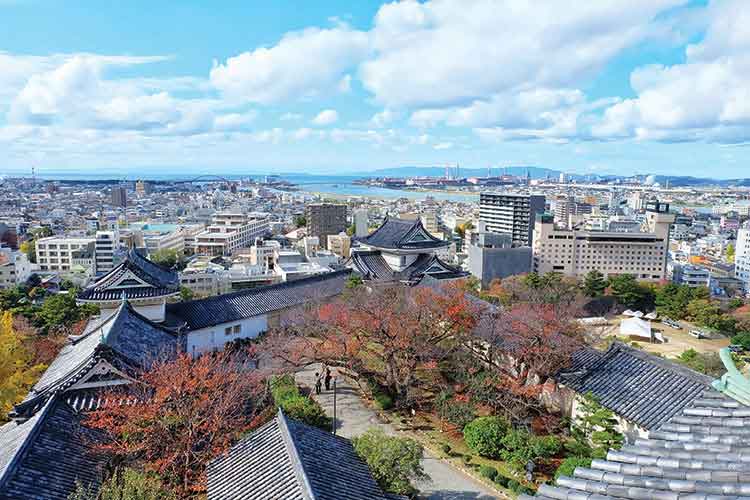
The ongoing epic pandemic has demonstrated that “cash is king.” And in an environment that lacks significant project loans for Japanese IRs, casinos that seek to win in the RFP process should consider partnering with large private equity firms or other global financial powerhouses in order to build defensible capital structures that can withstand another black-swan type event.
As projects move into construction phase, risks of delay and cost overruns mount. This is compounded given Japan’s tendency to be a location that has a recurrence of natural disasters. Earthquakes, tsunamis, typhoons, volcanic eruptions and mudslides amongst others regularly rake the country causing significant economic turmoil and placing ongoing construction projects at risk.
Furthermore, it is unlikely to think an international casino project would be on the receiving end of Japanese government assistance in the same way US operators have been supported. Therefore, Japan’s casino projects need to be overcapitalized and backed by extremely strong sponsors and equity owners who are financially bulletproof and who have the expertise to see the project to completion and then run it successfully.
Asia’s casino industry is littered with the corpses of companies that have tried to manage with less than robust policies, lack of best practices or underfunded business schemes. The Japanese government does not want to see stalled endeavors or closed projects like the shuttered Tinian Dynasty or bankrupt Silver Heritage. If Japan wants an industry that is successful and sustainable, the prefectures will need to partner with companies and consortiums that have substantial equity as well as demonstrated track records for building and running large scale IR projects.






